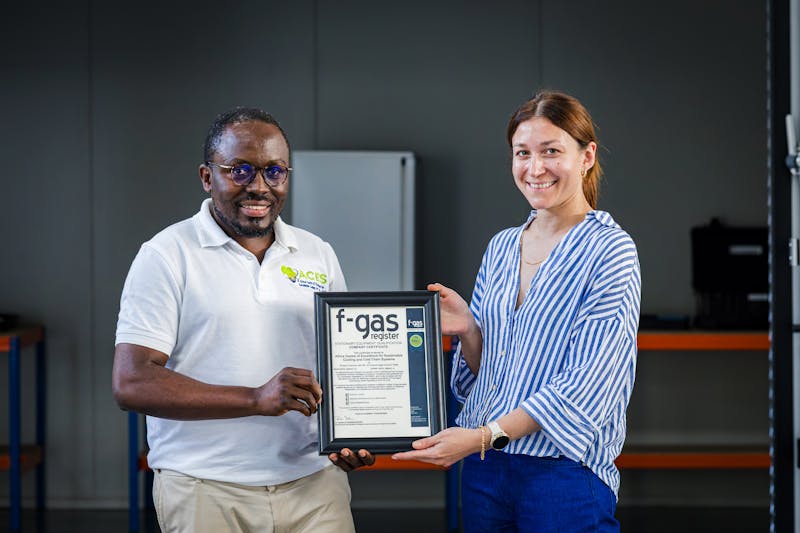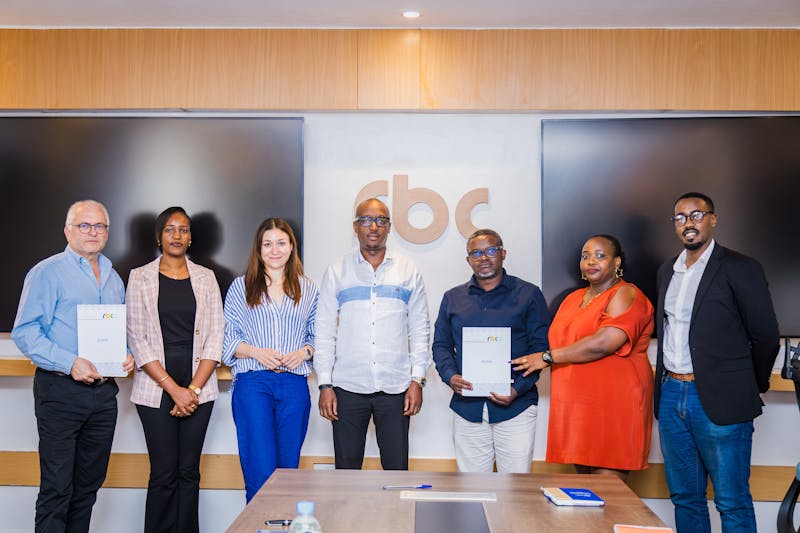Vision & Goals
A whole system of systems approach
Our Mission
Our mission is to accelerate the delivery of sustainable, resilient and equitable cooling and cold-chains in the developing countries of the world, harnessing them to improve food security and resilience, social, One Health, environmental, and economic goals - locally and globally.
Our Vision
To deliver our mission through excellence in research, knowledge sharing, teaching and capacity building, underpinned by continuous monitoring, evaluation and development.
Our priority is to translate our work and knowledge into decisive, fast and sustainable impact, connecting across disciplines and stakeholders to ensure an inclusive and resilient community that will inspire innovation and embed change.
What does this look like in practice?

Cold-chains are complex - multi-dimensional, temperature-controlled networks that must maintain perishable and temperature-sensitive products at their optimum temperature and environment from the point of harvest to the destination. They include both static and mobile elements that must work seamlessly together, and which are a primary source of different energy demands.
The traditional private-sector-led business models necessarily focuses on and prioritises the commercial financial returns not the impact that could be achieved on the economy, environment, and society as a whole. In fact, they often even exacerbate inequalities.
Our Goals
An integrated programme to accelerate the deployment of sustainable cold-chain solutions in developing markets at scale with fit-for-market business models and clean technologies.
- Train and build a skilled workforce for installation and maintenance within the community, considering Gender Equality & Social Inclusion (GESI)
- Develop, test, demonstrate, and deploy viable pathways considering the overall system, from farm to fork and manufacturer to patient
- Collaborative research on future-proof, localised solutions
- Build awareness on the benefits of the sustainable cold-chain
- Provide business assistance, professional development and training to small-holder farmers and rural communities- paying attention to gender and social inclusion/exclusion dynamics
- Exchange lessons learned from real-world applications throughout Africa and India
Professor Toby Peters, University of Birmingham
"Our objective is to promote cooling and cold-chain as critical national infrastructure and provide the tools, knowledge, training, and support to deliver inclusive, equitable, and future-proofed solutions with minimum environmental impact, ensuring sustainability and resilience in a fast-warming and changing world."
Cold-chain delivery
We aim to deliver cold-chains:
- Sustainably with minimum environmental impact;
- Equitably, providing access for all, including poor, disadvantaged, and marginalised farmers and their communities, as well as women and youth;
- Whilst ensuring that they are future-proofed and resilient against changes to the system as well as future risks, shocks, and disruptions.
Our delivery approach
We aim to deliver the cold-chains via 3 key methods:
- Centres of Excellence - The first of which is the Africa Centre of Excellence for Sustainable Cooling and Cold-chain in Rwanda. Two more are in development in India at Haryana and Telangana.
- SPOKEs – SPecialised Outreach and Knowledge Establishment. The first is a reference SPOKE in Kenya, with three more in development in Rwanda, Senegal and Lesotho.
- Clean Cooling Network (this web platform) - providing a central resource to foster collaboration and knowledge-sharing throughout the cooling and cold-chain community - Register for free and start collaborating now.






